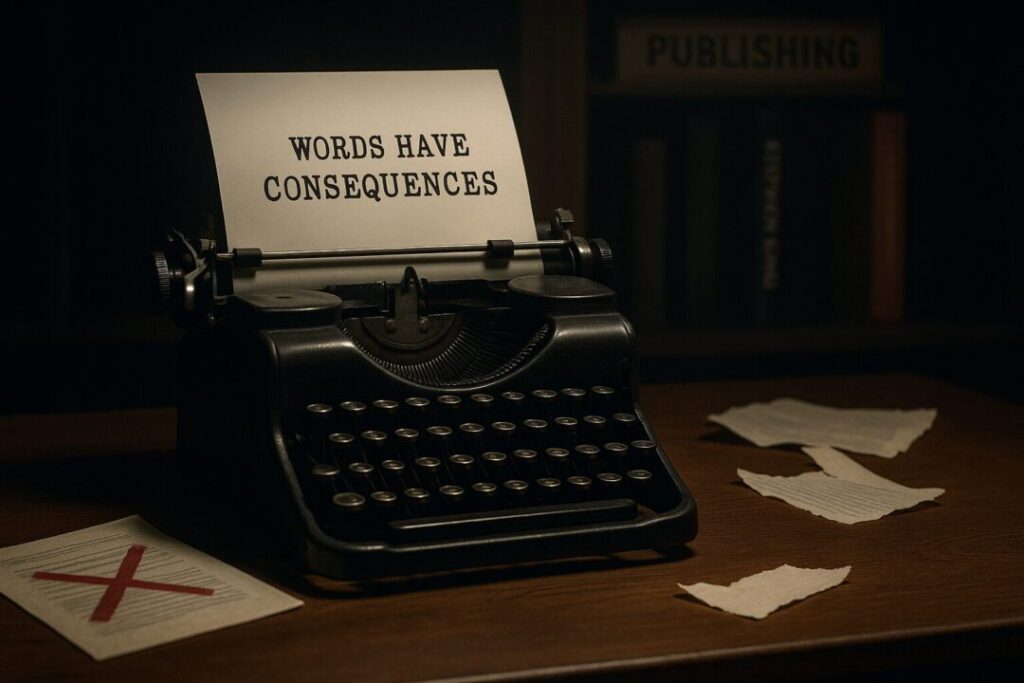The debate over “cancel culture” versus “consequence culture” has been raging for years.
Is it cancellation when someone loses opportunities after saying something offensive – or is it simply accountability in action?
The case of author Stephen King offers a fresh, and troubling, example.
King, one of the most successful authors in modern history, recently made headlines not for his fiction, but for his reaction to the tragic murder of conservative commentator Charlie Kirk.
Instead of offering condolences or silence, King chose cruelty. His dismissive, heartless comments sparked outrage worldwide.
Book Companies are removing Stephen King Books after his Charlie Kirk remarks pic.twitter.com/aZ0lMW6a53
— Concerned Citizen (@BGatesIsaPyscho) September 12, 2025
In response to Jesse Watters’ eulogy describing Charlie Kirk as “not a controversial or polarizing figure,” King posted: “He advocated stoning gays to death. Just sayin’.”
On September 12, 2025 King somewhat apologized: “I apologize for saying Charlie Kirk advocated stoning gays. What he actually demonstrated was how some people cherry-pick Biblical passages.”
But the fallout was immediate.
Belfast Books, a major book distributor based in Ireland that ships heavily into the United States, announced they would no longer be distributing King’s work.
For the company, that decision came with risk. Stephen King books sell. Cutting ties could cost them significant revenue.
But they stood by their reasoning: a line had been crossed, and some values matter more than profit.
This raises the critical question: is Stephen King being “canceled,” or is he facing the consequences of his own words?
Many point out that King is not being silenced. He still has his platforms, his fortune, and his loyal fans. No government is censoring him, and his books remain widely available.
What happened is that one business partner – Belfast Books – decided it no longer wished to be associated with him, given the backlash and the moral weight of his remarks.
That isn’t cancellation; it’s a consequence.
It’s worth remembering that freedom of speech has never meant freedom from consequences. Every action and every word has repercussions.
King, like all public figures, understands the power of his platform. He has benefited from it for decades.
But with that influence comes responsibility.
Consider another case, from just a few years ago: a woman protesting outside an abortion clinic was arrested and sent to jail for her actions.
Agree with her or not, she faced consequences for breaking the law, a federal statute – the Freedom of Access to Clinic Entrances (FACE) Act – that makes it a crime to use force, threats, or physical obstruction to prevent individuals from obtaining reproductive health services.
The FACE Act was designed to protect the right of women to enter clinics without harassment or interference.
In that case, the protester’s decision to block access wasn’t just controversial; it was illegal, and jail time was the consequence.
The lesson is clear – choices, whether they involve speech or conduct, carry outcomes.
Sometimes the consequence is legal, sometimes professional, sometimes financial, but it is rarely nonexistent.
The term “cancel culture” is often thrown around when a public figure loses status, contracts, or opportunities after offensive statements.
But in many cases, what we’re witnessing isn’t a coordinated “canceling” – it’s businesses, communities, and individuals exercising their own freedom of association.
If a company doesn’t want to be tied to Stephen King because of his remarks, that’s their right.
And if fans don’t want to buy his books, that’s their right too.
What makes this case especially striking is that Belfast Books took the stand knowing it would hurt them financially.
It wasn’t just a safe PR move. It was an act of conscience, grounded in the belief that words matter.
King’s words – flippant and cruel in the face of violence – made them reconsider their partnership.
The larger question is one we all need to grapple with: What kind of culture do we want?
One where public figures can say anything without accountability? Or one where influence comes with responsibility, and those who wield it are held to a higher standard?
Stephen King is not a victim here.
He is a powerful figure facing the fallout of his own choices.
Belfast Books, meanwhile, is an example of a company willing to prioritize principle over profit.
This isn’t cancel culture. This is consequence culture – and it’s a reminder that in a free society, words always carry weight.
The opinions expressed by contributors are their own and do not necessarily represent the views of Nevada News & Views. This article was written with the assistance of AI. Please verify information and consult additional sources as needed.




